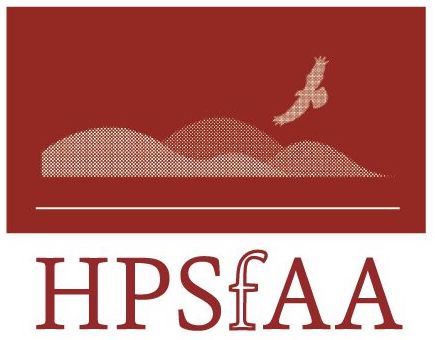  
 
The High Plains Society for Applied Anthropology |
|
Preparing Latino Children for Kindergarten: Two Positive Examples
Stephen Omer Stewart
School districts need children entering kindergarten to be ―school ready,‖ that is, to possess a certain standard of skills and knowledge to be successful students at the kindergarten and later levels. Latino children, usually Mexican, whose families are monolingual Spanish-speaking recent immigrants to Colorado from small towns or farming com-munities in northern Mexico, often lack this preparation, for cultural and economic reasons. Two approaches, one within a public school and one operating in private homes, both appear to be successful in preparing this Latino population for future success in school. The school approach brings children up to age four into the school for two hours twice weekly with their mothers, where they acquire skills and where the mothers learn how to continue this learning process at home. The home approach, known as Family, Friend & Neighbor, trains home providers of child care in how to educate young children.
The Applied Anthropologist, No. 2, Vol. 32, 2012, pp 2 - 14